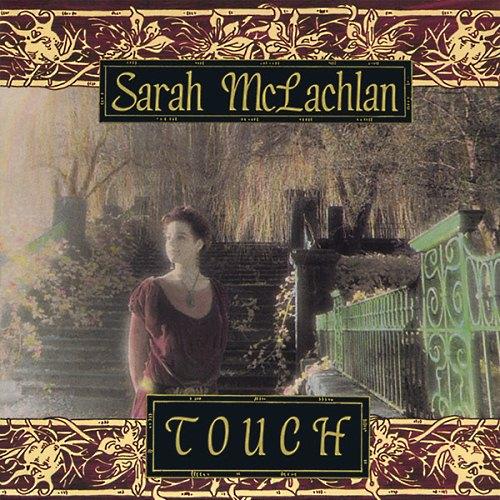Sepia Sarah models now-vintage Laura Ashley.
This month's revisitation is to Canadian chanteuse Sarah McLachlan's debut Touch, released in 1988; her first and last album to experiment with an ethereal sound best described as Enya New-Agery meets the percussive leanings of Kate Bush, via the melodrama of Florence + The Machine. It's an album quite unlike anything else she recorded. For instance, the Medieval folk of opener Out Of The Shadows could not be further away from her later, more popular MOR style:
Though she continued to cover left-field topics, such as homewrecking on Adia and overdose on Angel, Touch was the final time the production matched her unconventional themes. Considering this is her only album not to be produced by Pierre Marchand, it's easy to see how she fell into the easy-listening world of Natalie Merchant and co from Solace onwards:
"There's no one left to finger"? Her 90s work is edgier than I remember.
Touch not only features complex musical arrangements, but also has McLachlan at her most lyrically complex. Lines like "Through your eyes the strains of battle, like a brooding storm / You're up and down these pristine velvet walls like focus never forms", from Vox, trounces later attempts at poignancy and gives fellow obscure lyricist Stevie Nicks a run for her Coke money.
These are adventures in McLachlan's teenage diaries. She was just 19 at the time of recording, yet the unabashed soul-searching is just what makes this album so affecting. The extended version of Vox (added to the re-issue in 1989), may sound like a dated 12" mix now, but the sassy, demanding outro is full of the spirit that's missing from much of her following works. Meanwhile on Steaming, she's less commanding, but just as captivating, as she waits for her lover's instruction:
There are the misfires. Uphill Battle is a wasteful instrumental, Strange World is a mundane track that doesn't feel fully realised, and closing track Ben's Song is a sparse, piano-led weepy that's lost without the driving instrumentation featured elsewhere.
The aria of the mystic title track is what one might expect from Charlotte Church now that she's gone all alternative, and despite its over-the-top lyrics, Sad Clown is carried by climbing synths, whilst the male vocals on Trust's chorus compliment McLachlan's higher register as she tackles more heartache.
Touch may be a smidgen too hysterical for those who are used to her safer, more ordinary offerings, but that's because it remains her most experimental and intriguing work to date. Now all she needs to do is ditch Pierre and re-hire Greg Reely - theatrical females are back in.

No comments:
Post a Comment